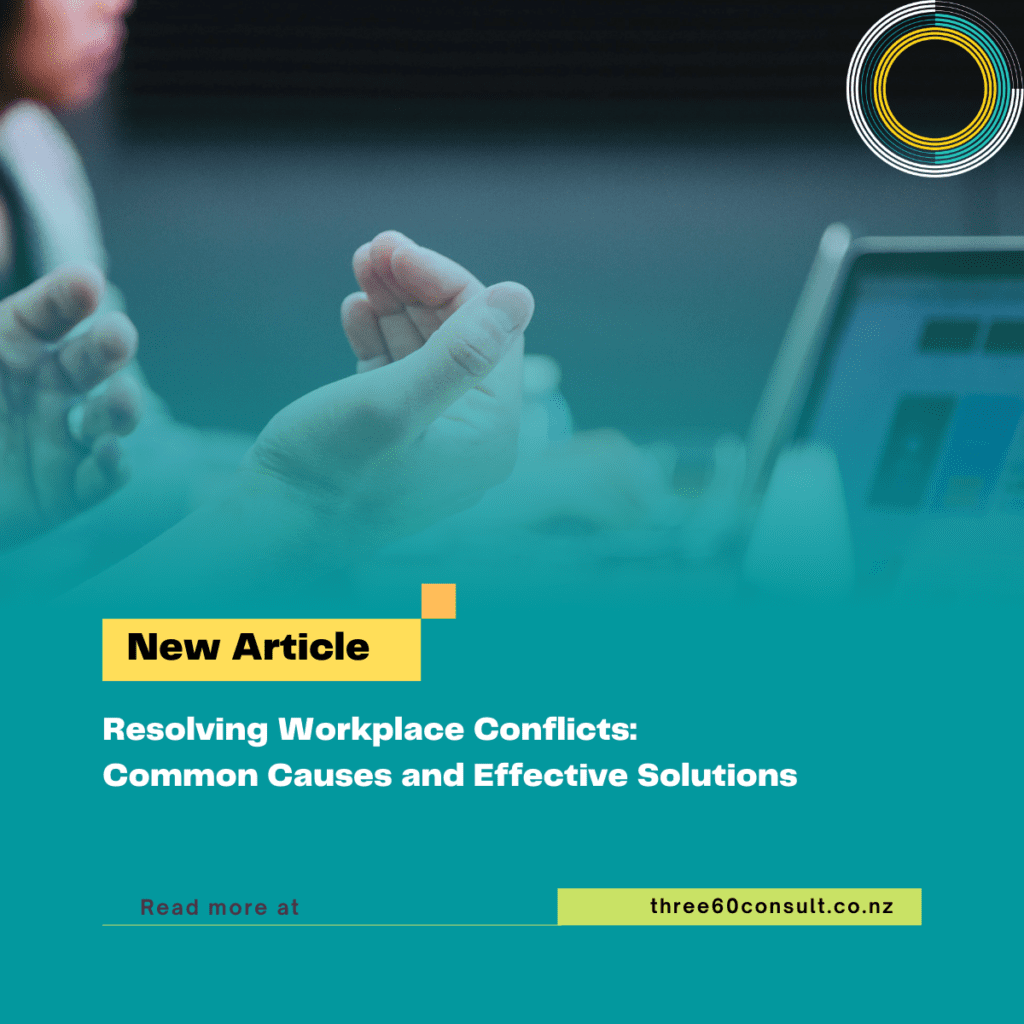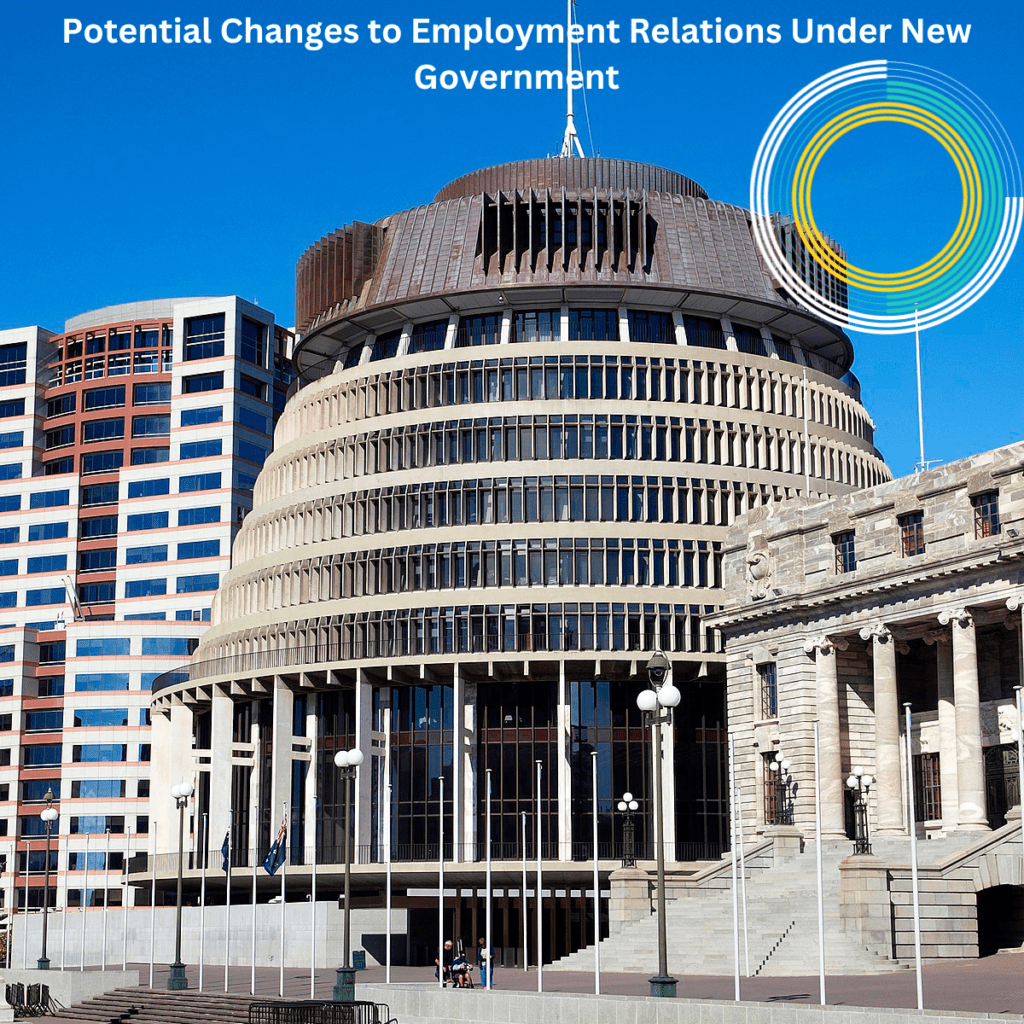With a National Party, ACT and NZ First government on the way, we thought it would be good to be reminded of how some of their election campaign promises might impact employment relations.
Each of these parties’ had 2023 election campaigns that touched on employment relations, and while the new Government may or may not bring some of these policies into law – here are the potential adjustments that have been floated.
Restoration of 90-Day Trial Periods for Larger Employers:
The 90-day trial period policy has seen back-and-forth changes over the years. Originally introduced by the National party in 2009, it was expanded nationally in 2011. However, when Labour came into power in 2017, trial periods were restricted to employers who employ fewer than 20 employees.
National and Act’s manifestos however proposed that in the first 100 days it will revert the law so the 90-day trial periods available for all employers.
Dependent on the changes that are made to the law, the 90-day trial application could be different despite the well-established case law.
In our experience, the 90-day trial period can be a double edged sword for employers who rely on the trial period but don’t have a strong understanding (or seek good advice before relying on the trial period) of how to comply with the strict requirements of the legislation. This can lead to greater risk of personal grievances than if they didn’t have access to the trial period.
Employers interested in using 90-day trials should consult with experts to ensure they comply with the requirements.
Scrapping the Fair Payment Agreement Act:
Both National and Act have committed to repealing the Fair Pay Agreement Act of 2022.
This act aimed to create a process for workers to negotiate industry-wide minimum employment standards, such as pay, leave, training, safety, and more. At least 7 FPA applications are underway at various stages, however none have been settled.
For most employers this will be good news as it will enable employers and employees to continue to negotiate terms and conditions that are right for them rather than be subject to broad industry requirements which may be difficult and costly for smaller employers to comply with.
Changes to Parental Leave:
National plans to modernise paid parental leave rules, allowing parents more flexibility in using their entitlements, including taking leave at the same time. This change could provide more options for parents in managing their leave and caregiving responsibilities.
Proposed Amendments to ERA2000
Act’s manifesto has targeted certain areas of the Employment Relations Act 2000 that it seeks to amend. Specifically, amending the Act so contractors are prevented from challenging their employment status under S6 of the Act in the Employment Court and that independent contractor agreements meet a certain criteria.
This proposed change is likely in response to the increased number of cases being raised with the Employment Relations Authority and the Employment Court by employees and Unions who represent a sector of workers who challenge their legal status as a contractor. While the case law in this areas has only grown and set a firm bar for the employee vs contractor test, it is a legal area that many organisations have struggled to navigate. A change to this would therefore have a significant impact on how many organisations choose to operate and manage workers, due to the risk of a challenge being brought being reduced entirely.
Other changes are amending the Act to restrict the availability of reinstatement remedy and speeding up the PG process by imposing stricter time limits on the Employment Relations Authority.
Other commitments made during the 2023 Election Campaigns:
• Halting work on the proposed Income Insurance Scheme (National)
• Increasing the cap on seasonal workers (National)
• Relax rules for agricultural workers on the Accredited Employer Work Visa by removing median wage requirements and introducing a path for residency (National)
• Sectors who have worker shortages able to access additional working holiday visas (National)
• Remove a public holiday (Act)
• Restore the Targeted Trade and Apprenticeship Fund (Act)
• Replace the Accredited Employer Worker Visa with a Critical Skill and Labour Shortage Visa (Act)
• Examine the feasibility of lifting the adult minimum wage to $25 per hour, by allowing businesses a tax concession to do so (Act)
While there is no certainty that all or even some these will be implemented, we can say with certainty that there will be change coming in 2024 to the employment landscape.
Here at Three60 we are experts at managing change and strategising with employers to navigate changes such as these. Reach out to us today.









